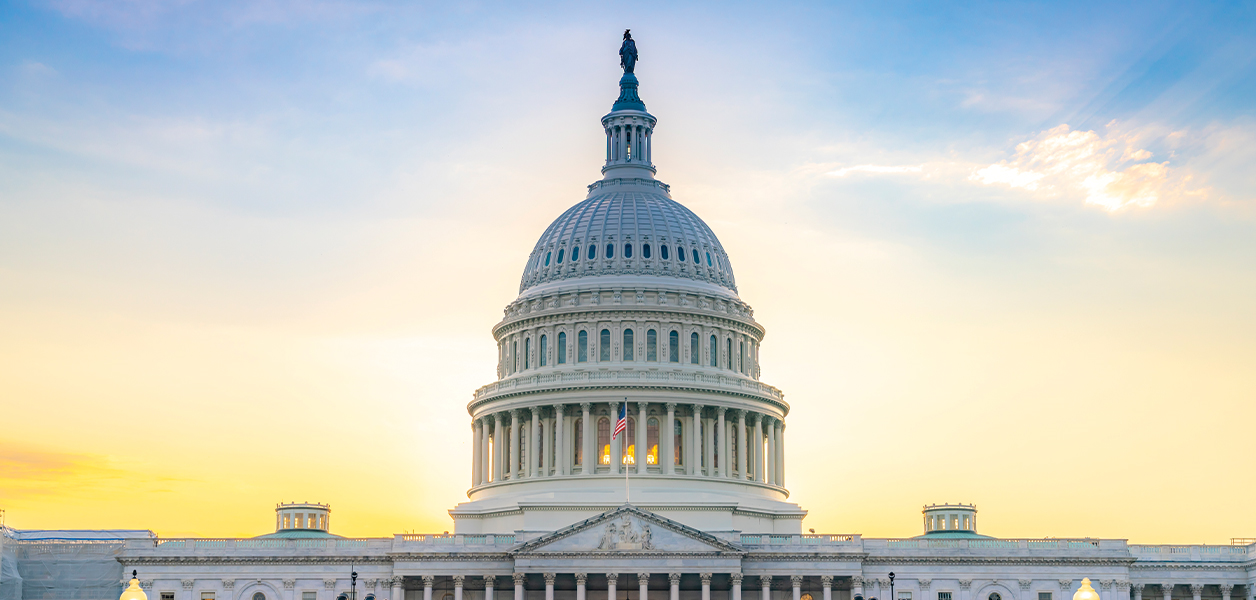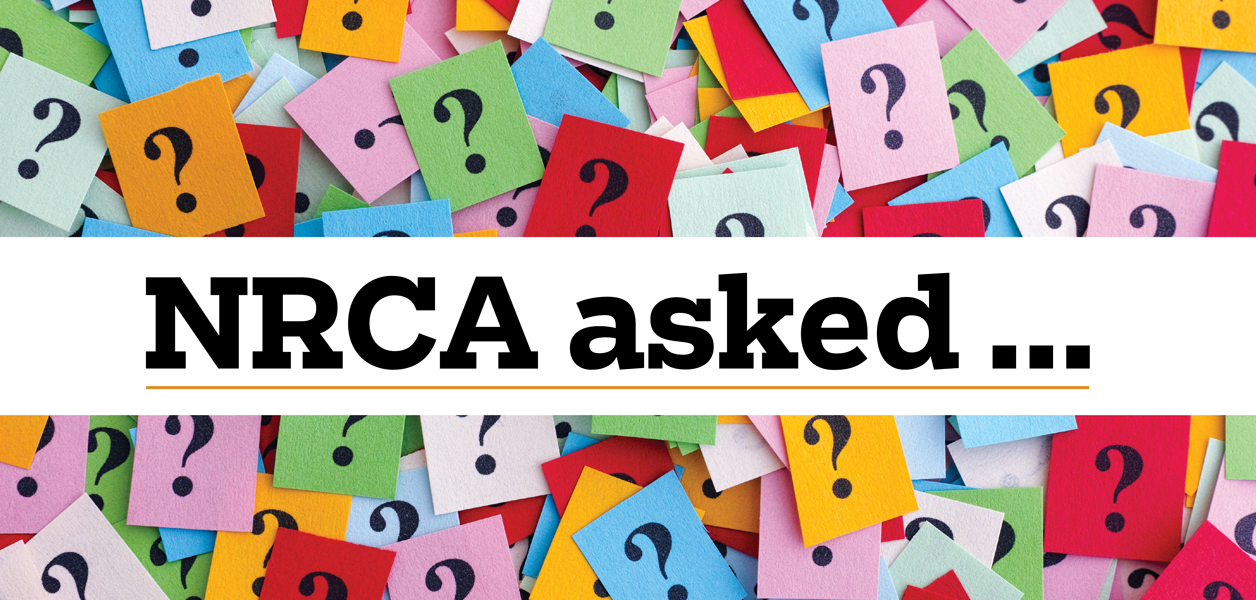ICYMI—What you need to know about the One Big Beautiful Bill Act
On July 4, the One Big Beautiful Bill Act (H.R. 1) was signed into law by President Trump. H.R. 1 extends and makes permanent many provisions from the Tax Cuts and Jobs Act of 2017, P.L. 115-97, while adding new provisions, including deductions to eliminate income taxes on certain overtime pay and expanding the use of 529 educational savings accounts and the Pell Grant program to training and credentialing. This legislation also contains provisions related to defense, border security and immigration while unfortunately eliminating many clean energy tax incentives. To learn more about how these changes could affect your business, view NRCA’s summary of the major provisions.
This bill is overwhelming positive for the roofing industry as several of these expiring tax provisions have been major priorities for NRCA for the past several years, and we are pleased to see the advocacy efforts come to fruition.
Enhancements to Section 179 expensing for improvements to nonresidential property, including roofs
As part of the recently passed One Big Beautiful Bill Act, commercial property owners can now take advantage of enhanced Section 179 tax benefits that make reroofing projects significantly more affordable and financially strategic.
Under the new law, the Section 179 expensing cap has increased from $1 million to $2.5 million for qualified nonresidential real property—including roofing. This means qualifying building owners can immediately deduct the full cost of any improvements to nonresidential roofs—including full reroofing projects of existing buildings—up to $2.5 million for purchases made beginning after Dec. 31, 2024. NRCA has created a template for contractors to use when marketing these changes to building owners.
Supreme Court rules on reduction of force at the Department of Education
On July 14, the Supreme Court ruled the Trump administration can proceed with reducing the workforce at the Department of Education by roughly 1,400 employees. The interagency agreement previously signed by the Department of Education and the Department of Labor, which shifts the administration of Perkins Act and Workforce Innovation and Opportunity Act Title II adult education and literacy programs to DOL, can move forward. NRCA will continue to advocate for additional funding and reform of the Perkins and WIOA programs in Congress and monitor how these changes could affect these efforts.
No tax on overtime wages now in effect, retroactive to Jan. 1, 2025
The One Big Beautiful Bill Act included a tax incentive for those clocking overtime hours, which is effective now, retroactive to Jan. 1, 2025. This legislation allows a full deduction for those earning under $150,000 (single) or $300,000 (joint) in the amount of $12,500 for single filers and $25,000 for those married filing jointly. This deduction is available through tax years 2028 and as an above-the-line deduction—there is no need to itemize. However, employers must report overtime earnings separately on W-2s.
Senate Committee holds hearing regarding independent workers
The Senate Committee on Health, Education, Labor and Pensions held a hearing, Freedom to Work: Unlocking Benefits for Independent Workers, to examine methods of providing independent contractors with access to portable workplace benefits. Members of the committee heard testimony from several witnesses who advocated for expanded flexibility in federal law to allow employers to provide certain types of benefits to independent contractors. The hearing follows the recent introduction of a legislative package by Committee Chairman Bill Cassidy (R-La.) and other Republican senators that aims to provide clarity regarding how an independent contractor is defined in federal law and ultimately offer expanded access to workplace benefits for such workers.




